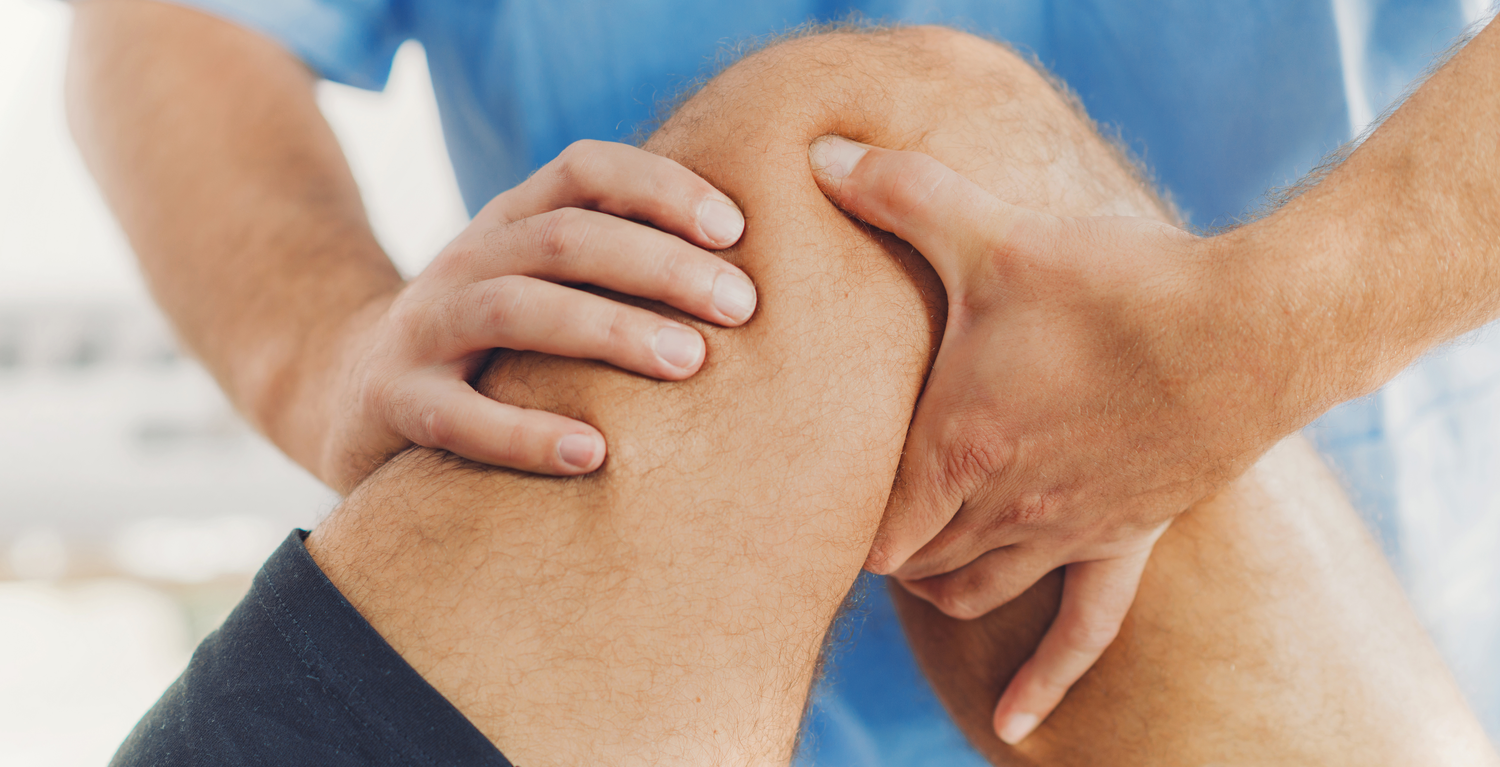by Physiotherapist Anne Marie Pier
Your knees take a lot of abuse in day to day life, even before you start to think about the marathon running, the 25 years of football that you played or the DIY project that had you kneeling for hours on end painting the skirting boards.
When you consider those facts it’s not a surprise that a large proportion of adults aged over 40 will start to suffer knee pain. It might begin with a feeling of giving way whilst climbing stairs, an odd twinge in the inside of the knee or perhaps some swelling. These are all indicators of early arthritic or degenerative change.
Many people will ignore these signs and symptoms and hope they go away, which for a lot of people they probably will, at least until the next time. The good news is there are things that you can do to help before considering surgery. There is more evidence coming to light that shows the benefits of physical activity over surgery for degenerative knee pain (particularly keyhole surgery).Non-surgical treatments such as physiotherapy and exercise carry far fewer complications compared to the risks that come with surgery (increased pain post-op, infection, blood clots, anaesthetic complications to name a few). It is now widely recognised that surgery should be the last resort and only appropriate if people have undergone a substantial period of non-surgical treatment first.
It is recommended that when dealing with knee pain on the inside or outside of the knee, people should participate in an exercise regime including strengthening, stretching and aerobic activity. This may seem daunting when your knee hurts, especially when it may be the exercise that seems to cause more pain. There are ways of adapting all of these exercises to make them manageable for anyone (even with what seems like the most debilitating of pain). A graduated programme helps to rehabilitate your knee and adjust to the demands placed on it and this is where physiotherapists can help.

At the Horder Centre, patients can expect the following support from the physiotherapy department:
- A 3 month period of physiotherapy sessions initially (eventually with progression to home exercises)
- Strengthening, stretching and aerobic activity
- Education and guidance on your condition
- Weight management (if required)
- Extras to facilitate pain reduction if needed
Degenerative knee pain assessment
The following questions are used as part of the assessment criteria for degenerative knee pain and can help you to identify whether this is appropriate for you:
- Are you aged over 40?
- Does your pain occur in either/both of the shaded areas?
- Did it start with no injury/a small injury?
- Is there swelling?
- Is it tender in the shaded areas when pressed?
- Do you have any locking/catching?
If you answer yes to 3 or more of these questions you MAY be suffering from degenerative knee pain.
If you need help with your symptoms a referral to physiotherapy would probably be a good idea. Either speak to your GP or get in touch for a self-pay physiotherapy assessment and treatment.

Physiotherapy at Horder Healthcare
We offer a specialist physiotherapy service to NHS, self-pay and privately insured patients from The Horder Centre and our clinics within Kent and Sussex.
What makes Horder Healthcare unique
Horder Healthcare is committed to providing the very best quality of care for our patients and customers. We are continuously working on improving and reducing risks and this is reflected in our consistently high CQC results, patient satisfaction questionnaires and minimal levels of infection.
We are a charity
We reinvest our profit to benefit more people and help us achieve our aim of advancing health.






